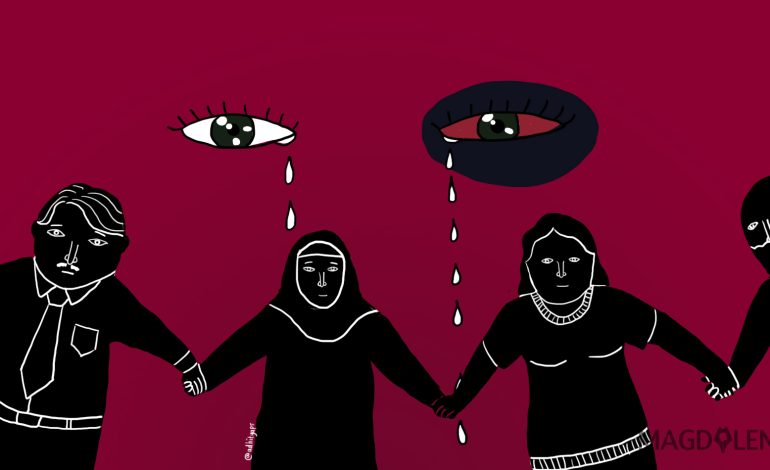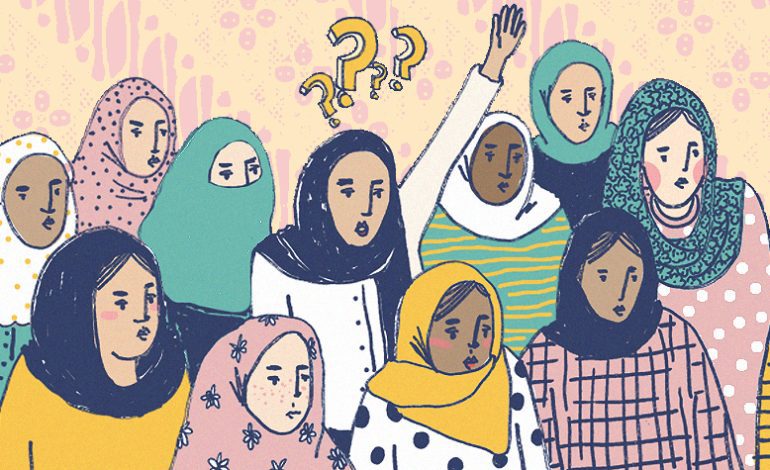Me Too – The Male Perspective

Me Too. Well, yes, as a 16-year-old boy, I escaped from a seduction attempt by a gay man and, like many women who stayed silent through the years after heterosexual abuse, I never exposed my would-be seducer.
What I find strange given the last few years in which the accusations of the #MeToo movement have echoed across the globe is the remarkable silence from men. With few exceptions, there has been an embarrassed silence from 50 percent of the population as if, by association, we are all guilty.
Men and women are certainly different and there’s no doubt that men tend to see all women as potential sexual partners. It’s burned into their hard drives, just as our sexual radar automatically hones in on any attractive member of the gender that appeals to us that is passing by, even at a significant distance. We don’t need to think, “there’s a pretty girl” for our senses to pick up the attraction without the need for any conscious thought.
That does not mean we do anything about such impulses and that is the difference between men who engage in sexual abuse of women (or other men) and those who don’t. The latter, I am sure, are by far the majority. The males of our species are not, on the whole, guilty of clubbing women into sexual submission as we are led to believe cave men did.
Nor is it likely that we had much of an idea of the extent of the problem until the exposure of people such as Harvey Weinstein. The casting couch is a legend that all men learn about in their formative years, but what goes on in Hollywood usually has little relevance to what happens in our individual suburban environments.
Pornography teaches us that some women like to flaunt their sexual appeal in front of cameras but, despite arguments that pornography commoditizes women, I doubt that many men expect the girl down the road to be revealing all for public consumption.
On a personal level, I confess that there may have been a very small number of cases in which women slept with me because it was easier to do so than put up with my constant whining and pleading. While I have been in positions of theoretical “power” over women in professional life, I have never attempted to force myself on my female employees. Indeed, I am constantly cautious about not overstepping the mark in comments on their dress or even in discussing work issues in potentially compromising situations.
That others are not as careful and who are indeed abusive of their positions of power is, to me, odious. Sure, men joke about sex and drop sexist remarks about their female colleagues, but certainly not within earshot of those concerned. Double standards? Maybe, but we are talking about abuse, not sexual attraction.
What, then, is the difference between what I believe to be the majority of males who are not in any way abusive and the small minority who abuse their power for sexual “favors”? I can only assume that this is a matter of upbringing and of being able to get away with it. This latter aspect suggests that women should have spoken out far faster than they did.
In a paternalistic society such as Indonesia, it is quite clear that women need far more support than they often get and that there is still far too little public condemnation of the frequent abuses of women’s rights.
In some men abusive patterns of behavior may represent a form of mental sickness. I recall one acquaintance – not a friend, I would stress – who appeared to be incapable of keeping his hands off a waitress when we had lunch together at a quiet restaurant many years ago. The victim of his pawing was middle-aged and – excuse the value judgment – not particularly attractive, but that didn’t stop him. The man, who died recently, was a member of an extremely powerful family, a fact I suppose that made him feel immune to normal social restraints. In the years following this incident, I often wondered how his wife lived with his behavior.
There will always be those who succumb to their innermost desires because they can get away with it. Women need to scream more loudly. My own conviction that abuse is not acceptable was probably influenced by my mother’s attempt to attack me – my father had to hold her off me – when she discovered pornography hidden away under my socks at the tender age of 12. Respect for women was welded into my brain.
Attending boys’ schools through most of my education and only with a brother for company at home left me totally ignorant of the ways of the opposite sex. My father was often away and I was effectively raised by my mother and grandmother. When I did reach maturity, it was in the days of SNAG – sensitive new age guys – when assumptions that being male gave you any right to lord it over the other sex had been banished into non-pc oblivion.
I doubt if I was faultless in my relationships – two divorces attest to that reality – but I also have the singular distinction of having been described – by a woman – as a victim of women. Men also need a #MeToo movement to defend themselves against the unreasonable behavior they often face inside and outside of marriage. That, however, is another issue in the never-ending saga of gender relations. Each generation will have to face up to this perennial problem in its own way.
In a paternalistic society such as Indonesia, however, it is quite clear that women need far more support than they often get and that there is still far too little public condemnation of the frequent abuses of women’s rights.
Some women are very obviously victims of unreasonable behavior by their menfolk. As mothers, they need to develop tactics to undermine such behavior in their sons. The wives and mothers of police officers, prosecutors, judges and other figures of authority need to wage an unceasing campaign to promote the rights of women. They have to push to influence their male relatives to transform the public space into one which rejects brutish behavior.
If they fail to do so, they are as guilty as the perpetrators of sexual violence in tolerating the continuing abuse of women. They are accomplices in abuse. Men will take liberties when they believe they can get away with them and women must speak out – and scream loudly – to stop them before they do so.
Keith Loveard arrived in Jakarta in 1990 as correspondent for Hong Kong-based Asiaweek magazine. He left the magazine in 1997 and worked freelance for a few years before taking a position in 2002 with the Ministry of Trade and Industry as an adviser on public affairs. With the change of government in 2004, he joined Concord Consulting, a business risk firm, where he remains senior analyst and editor of the Concord Review website.






















